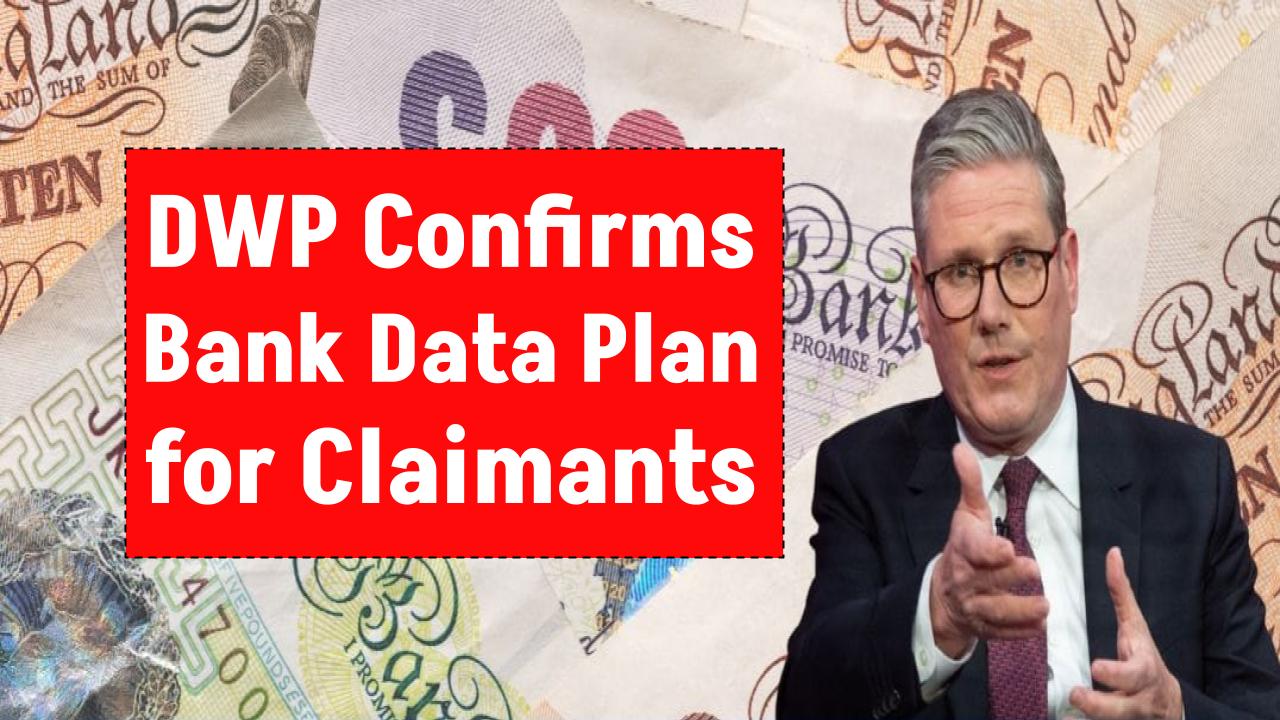New Child Benefit Rates Revealed for 2025 – What Every UK Parent Needs to Know Now
New Child Benefit Rates: The UK Child Benefit rates for 2025 have officially been announced, and they come with a modest increase aimed at helping families manage rising costs. From 7 April 2025, millions of parents across the United Kingdom will receive more money for raising their children — but there are key details you should know, especially if you’re affected by the High-Income Child Benefit Charge (HICBC) or are planning to claim for the first time.

Whether you’re already receiving Child Benefit or are thinking about applying, understanding the updated payment amounts, eligibility rules, and tax implications can help you make informed decisions for your family’s financial future.
New Child Benefit Rates
| Topic | Details |
|---|---|
| New Weekly Rate – First Child | £26.05 (up from £25.60) |
| New Weekly Rate – Additional Children | £17.25 (up from £16.95) |
| Annual Benefit (First Child) | £1,354.60 |
| Annual Benefit (Each Additional Child) | £897.00 |
| Eligibility Age | Children under 16 (or under 20 in education/training) |
| High-Income Threshold | £60,000 and above |
| Backdate Limit for New Claims | Up to 3 months |
| Official Link | gov.uk/child-benefit |
With the new Child Benefit rates effective from April 2025, it’s more important than ever for UK parents to understand how the benefit works, how much they’ll receive, and what responsibilities they hold when claiming. Whether you’re navigating HICBC rules or applying for the first time, staying informed helps you protect your income, family, and future pension.
What is Child Benefit and Why It Matters
Child Benefit is a monthly payment from HMRC that helps parents or guardians with the cost of raising children. It’s non-means-tested (meaning you can claim it regardless of income), though higher earners may need to repay some or all through a tax charge. It also counts toward your National Insurance credits, which help you qualify for the State Pension later in life.
It’s one of the few universal benefits available to parents in the UK, and even if you’re not eligible for full payments, it’s often still worth registering.
New Child Benefit Rates for 2025
Starting 7 April 2025, the Child Benefit rates are increasing:
New Weekly & Annual Rates
- First (or only) child: £26.05 per week → £1,354.60 per year
- Each additional child: £17.25 per week → £897.00 per year
This is a 1.7% rise from 2024 rates, which stood at £25.60 and £16.95, respectively. The increase is modest, aligning roughly with inflation to help offset the cost of living for families across the country.
Who Can Claim Child Benefit in 2025?
You can apply for Child Benefit if:
- You’re responsible for a child under 16 (or under 20 if they’re in full-time education or approved training).
- You live in the UK.
- You are the only person claiming for that child (Child Benefit can only be paid to one parent per child).
There’s no cap on the number of children you can claim for — if you have four kids, you can receive payments for all of them.
High-Income Child Benefit Charge (HICBC): What It Means for You
If you or your partner earns over £60,000 a year, you may need to repay part or all of your Child Benefit through your tax return.
How It Works:
- £60,000–£80,000: You’ll repay 1% of your Child Benefit for every £100 earned over £50,000.
- Over £80,000: You’ll repay the full amount received.
Important: Even if you’re a high earner and will repay the benefit, it’s still wise to register so that the claiming parent (often the mother) gets National Insurance credits, protecting their future State Pension. You can opt out of payments but still register your child, ensuring you don’t miss out on these credits.
New Child Benefit Rates: How to Apply for Child Benefit?
You can apply for Child Benefit after your child is born by filling out a Child Benefit claim form (CH2), available on the official HMRC website.
Steps to Claim:
- Register your child’s birth and get their birth certificate.
- Visit gov.uk/child-benefit.
- Download and complete form CH2.
- Send the form to the HMRC address listed.
- If your child was born in the UK, you may be able to apply via the HMRC app or online portal.
How Long Can You Backdate a Claim?
You can backdate a claim up to 3 months, so it’s best to apply as soon as possible to avoid losing payments.
Changes for Low-Income Families in 2025
In addition to the Child Benefit rate hike, the UK government is exploring enhancements to Universal Credit to provide extra support to low-income families.
Proposed Extra Support:
- Parents of babies: Up to £293/month additional Universal Credit.
- Parents of toddlers: Up to £146/month extra support.
While the two-child benefit cap remains in place, these top-ups are being considered to reduce child poverty without removing the cap entirely.
These proposals are currently under review as part of broader welfare reforms and could be introduced later in 2025.
When Will You Get Paid in 2025?
Child Benefit is typically paid every 4 weeks on a Monday or Tuesday, though single parents or those on certain benefits can request weekly payments.
If your payment date falls on a bank holiday, you’ll usually receive it early.
You can track your payments and update details using the HMRC app or online account.
Other Things to Keep in Mind
Don’t Forget to Update Your Circumstances
If your income, address, bank details, or relationship status changes, it’s your responsibility to notify HMRC to avoid overpayments or penalties.
Claiming Protects Your Pension
Even if you don’t need the money, registering for Child Benefit ensures you earn National Insurance credits that could make a big difference to your State Pension eligibility later.
FAQs on New Child Benefit Rates
1. What if both parents work? Who should claim the Child Benefit?
It’s usually best for the lower earner (or the non-working partner) to claim, so that they receive the valuable National Insurance credits.
2. Do I have to pay tax on Child Benefit?
Not directly — but if you earn over £60,000, you may need to repay some or all of it through the High-Income Child Benefit Charge.
3. Can I claim for a child living abroad?
In most cases, you must reside in the UK, and the child must be living with you. There are rare exceptions if you’re working abroad for the UK government.
4. What happens if I don’t report income changes?
If you fail to report changes, you may face penalties or overpayments, which HMRC will reclaim.
5. Is Child Benefit taxable income?
No, Child Benefit is not taxable, but the HICBC effectively claws it back via the tax system for high earners.








